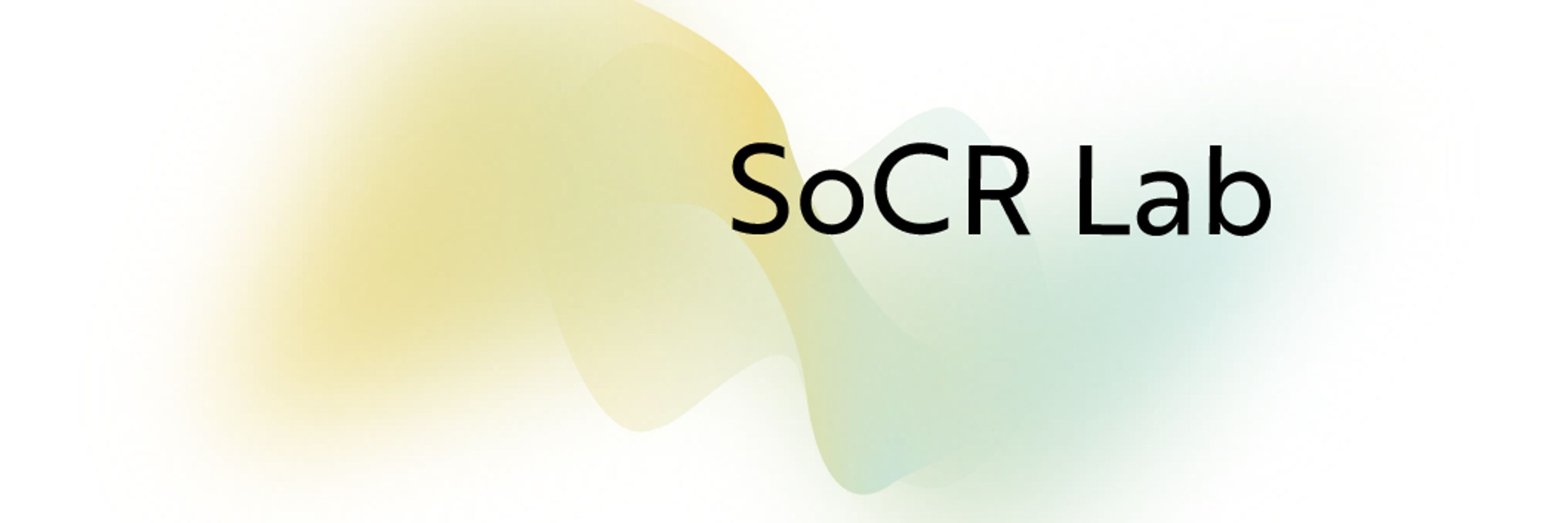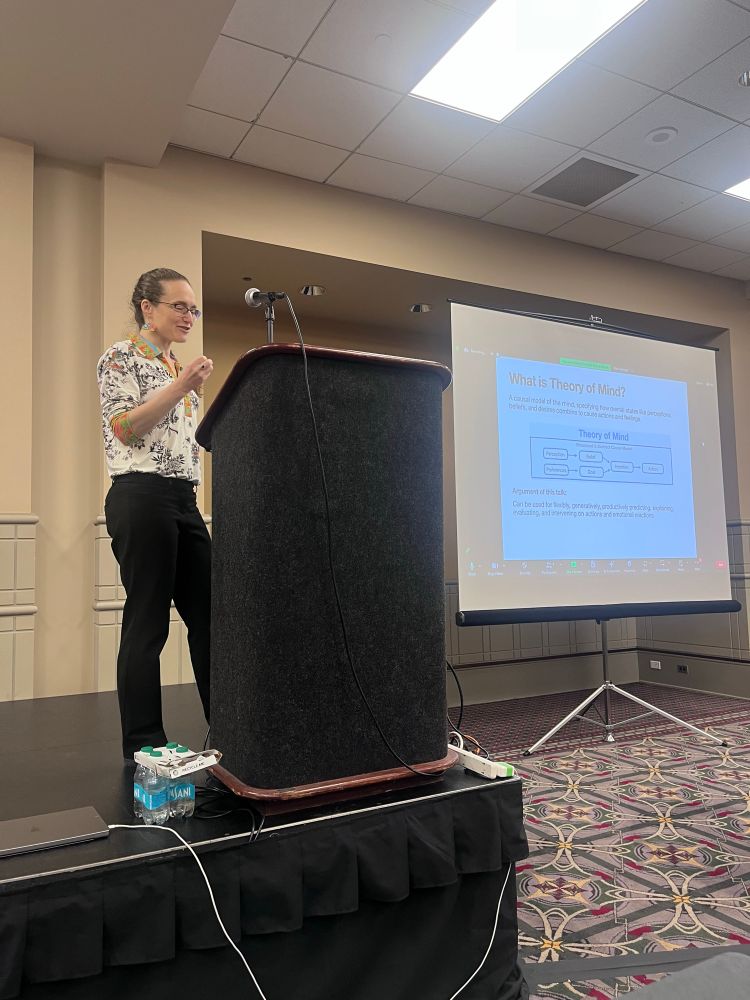
PI @ socrlab.net
founder @ Hypatia
FENS-Kavli scholar
cognition & mental health in biological 🧠 and artificial 🤖 intelligence
Between London 🇬🇧 & Perth/Freo 🇦🇺
3+ years with me & @mitulamehta.bsky.social on @wellcometrust.bsky.social funded social cognition/paranoia research at the IoPPN.
Lead & develop computational work, collaborate with experimentalists on psychosis/THC data.
DM for details! lnkd.in/eCMy9Jf5

3+ years with me & @mitulamehta.bsky.social on @wellcometrust.bsky.social funded social cognition/paranoia research at the IoPPN.
Lead & develop computational work, collaborate with experimentalists on psychosis/THC data.
DM for details! lnkd.in/eCMy9Jf5
@nitalon.bsky.social @kartikchandra.bsky.social @carocharp.bsky.social

@nitalon.bsky.social @kartikchandra.bsky.social @carocharp.bsky.social
Following this participants played a social value learning game, The Intentions Game, to understand whether social exclusion impacted future interactions

Following this participants played a social value learning game, The Intentions Game, to understand whether social exclusion impacted future interactions



@nitalon.bsky.social

@nitalon.bsky.social







#Neuroskyence #PsychSciSky

#Neuroskyence #PsychSciSky
We use novel and existing model sims to make precise claims about how humans and AI interact in social settings.

We use novel and existing model sims to make precise claims about how humans and AI interact in social settings.

#Neuroskyence #PsychSciSky #ComputationalSkychiatry

#Neuroskyence #PsychSciSky #ComputationalSkychiatry

